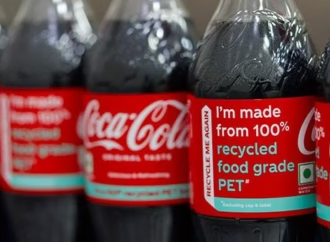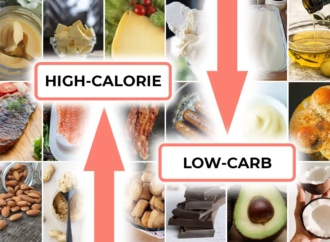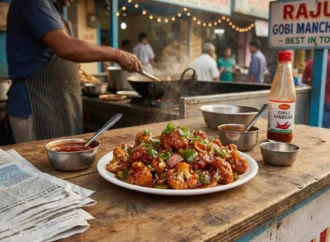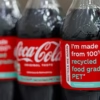Report
Kerala has achieved remarkable progress in food safety enforcement, setting new benchmarks in the last financial year. Health Minister Veena George announced that the state’s food safety department carried out 69,002 inspections, one of the highest ever recorded. These efforts resulted in the collection of ₹5.4 crore in fines from violators across various districts. The state also saw a notable increase in compliance, issuing 20,394 new licenses and 2,12,436 new registrations—a nearly 20% rise from the previous year. The minister attributed this success to stricter inspections, proactive enforcement, and improved awareness among food business operators.
Expanded Surveillance with Task Force Support
To strengthen oversight, the department expanded its reach beyond routine inspections. Alongside regular food safety squads, a special task force was deployed to lead statewide checks. These combined efforts led to the collection of 49,503 food samples for quality testing. As a result of intensified enforcement, the department filed 972 adjudication cases and 896 prosecution cases. Authorities also issued 7,689 rectification notices and 1,080 improvement notices to promote compliance and elevate food safety standards.
Empowering Food Handlers Through Training
In a significant push for education, the department organized 1,124 training sessions across the state, equipping 42,600 food business operators with essential knowledge on food safety, hygiene, and regulatory requirements. This initiative is part of Kerala’s broader effort to build a culture rooted in food safety and public health.
National Recognition and Infrastructure Milestones
Kerala’s efforts have earned the state the top rank in the National Food Safety Index, reinforcing its leadership in food safety governance. It became the first state in India to roll out mobile food testing labs in all districts, enabling faster, on-the-spot testing. Additionally, Kerala is the first in the country to have all food safety labs accredited by NABL, ensuring top-tier reliability and accuracy in food testing.
Driving Change Through Strategic Initiatives
The state’s commitment to safer food is reflected in a series of impactful campaigns and programmes, including:
- Good Food, Nation’s Right
- Clean Street Food Hub
- Hygiene Rating
- Eat Right Campus
- Eat Right Station
- RUCO Project (for safe collection and disposal of used cooking oil)
These initiatives are designed to embed food safety practices across all sectors—from street vendors to large institutions.
Focused Enforcement and Modernised Street Food
The special task force also ramped up surveillance in high-risk areas such as checkpoints, tourist centres, chicken stalls, and catering units. Simultaneously, Kerala is advancing the Modernisation of Street Food project—aligned with FSSAI guidelines—in Thiruvananthapuram, Ernakulam, Kozhikode, and Malappuram. The programme aims to improve vendor infrastructure, boost hygiene standards, and increase public confidence in street food.
Investing in Future-Ready Infrastructure
To support expanding food safety operations, the government established a state-of-the-art microbiology lab in Thiruvananthapuram. A new lab in Pathanamthitta is also nearing completion, further strengthening the state’s food testing capabilities. With its integrated approach—combining enforcement, innovation, training, and infrastructure—Kerala continues to lead by example. The state’s proactive and comprehensive food safety model is setting a national standard for ensuring public health and consumer protection.
Source: The Times of India
 Food Manifest
Food Manifest 


















